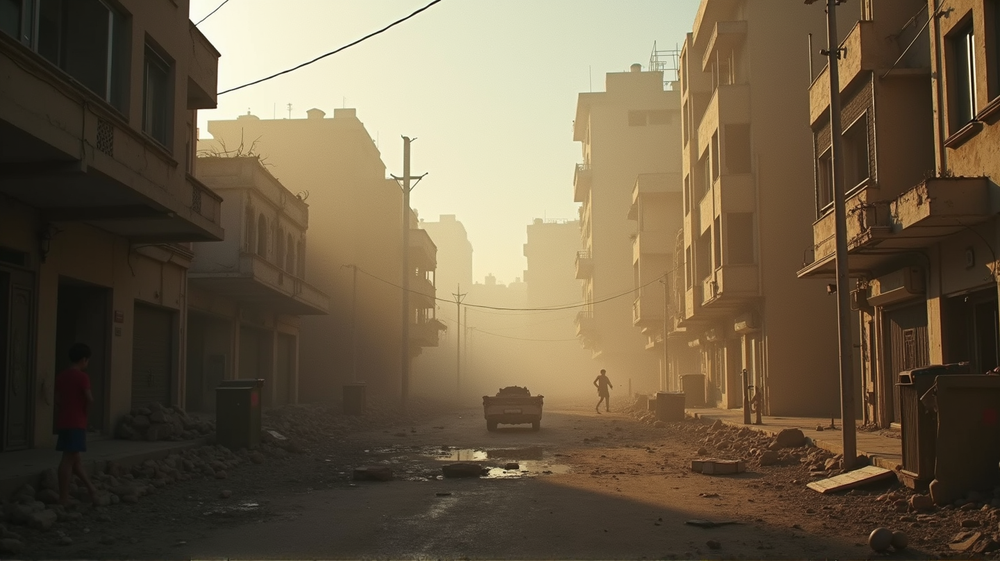In a dramatic and potentially volatile development, Israel has confirmed the high-profile killing of Haytham Ali Tabatabai, Hezbollah’s top military commander, in a targeted airstrike on Beirut, Lebanon’s capital. This act has fueled fears of escalating tensions in an already fragile region.
A Strategic Stroke Amid Rising Hostilities
Tabatabai’s demise is being positioned as a key strategic win for Israeli forces, given his stature within Hezbollah’s military hierarchy. A native of Beirut, Tabatabai’s journey with Hezbollah began at an early age, eventually rising to become the chief architect of many of the group’s military operations.
Prime Minister Benjamin Netanyahu’s office released a statement verifying that Tabatabai was indeed the target, describing the operation as a success in “eliminating a significant threat.” This marks the third attempt by Israeli forces to neutralize him since the longstanding ceasefire began to deteriorate.
The Ripple Effect in Beirut
The repercussions of such a high-profile target elimination have been immediate and profound. The attack took place in Dahiyeh, a densely populated Hezbollah stronghold, leading to the loss of additional lives and causing injuries to 28 others. The incident has sparked a broader conversation about potential retaliatory actions from Hezbollah, amidst fears of a full-scale conflict erupting.
While Hezbollah officials denounce the attack, describing it as a “crossing of a red line,” they also face the strategic dilemma of how to react without provoking a larger-scale escalation—something Israel might leverage to their geopolitical advantage.
Global Calls for Intervention
Lebanese President Joseph Aoun has urgently appealed to the international community, urging a robust response to curtail Israeli aggression. The call comes in conjunction with Israel’s repeated strikes, particularly in southern Lebanon and refugee camps, leading to numerous casualties and growing international concern.
An Uncertain Future: The Stakes for Hezbollah
Despite the heavy blow dealt by Israel, Hezbollah faces a critical decision. Security analysts speculate whether the group will retaliate or resort to diplomatic means, especially with Hezbollah’s deterrence capabilities under question. One misstep can easily lead to a broader conflict, one that could see Lebanon being plunged into another devastating chapter.
The Broader Implications
This daring strike comes at a delicate time with the upcoming visit of Pope Leo XIV to Lebanon. It represents both a litmus test for Hezbollah’s strategic calculus and a defining moment in Israeli-Lebanese relations.
According to Al Jazeera, the geopolitical landscape is shifting rapidly as both nations navigate through a tense standoff. Whether this event will spiral into full-blown conflict or be contained through diplomacy remains the question on everyone’s mind.












